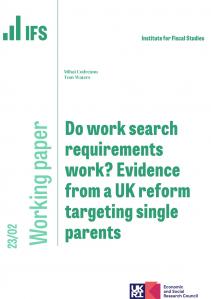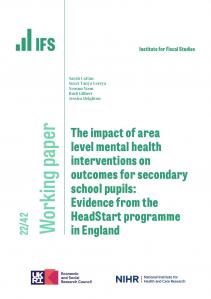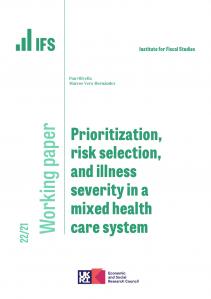Gordon Brown and Alistair Darling will be pleased to have won the International Monetary Fund's endorsement today for the £30 billion fiscal stimulus package for 2008-09 and 2009-10 that they announced in November's Pre-Budget Report and March's Budget - especially in light of the IMF Chief Economist's public criticism last year of the temporary VAT cut that accounts for two-fifths of the giveaway. While the IMF verdict that the stimulus package was "appropriate" is hardly effusive praise, it will provide useful ammunition the next time the Conservatives claim that it was pointless or counterproductive.
The Fund also praised the Government for having "commendably acknowledged the scale of deterioration of the fiscal position and included a cautious judgement on its structural nature". But it was less enthusiastic about the Budget plans to dig us out of the hole.
The Budget and PBR plans together imply a fiscal tightening that will build up steadily to around 6½% of national income (or £90 billion a year in today's money) over the eight years from 2010-11 to 2017-18. Over the first four years, 20% of the tightening would come from the tax increases that have been announced since November, 30% from cuts in planned public sector capital spending and 50% from cuts in planned current spending. The Treasury thinks this will be sufficient to keep public sector net debt below 80% of national income and have it falling from 2014-15 onwards.
But the Fund argues that "the success of the current policy package hinges on the continued trust in the sustainability of the fiscal position" and that the Government should therefore tighten fiscal policy more aggressively than it suggested in the Budget. This would get public sector debt on a downward path more quickly. There may also be some political attraction in this for an incoming Conservative government, which might prefer to concentrate the pain in its first parliament when it is easier to blame their predecessors.
The Fund thinks that it is right to load more of the pain on spending cuts than tax increases, because the tightening is more likely to stick as a result. But the Budget spending plans imply a very tough squeeze on departmental spending in the three years to be covered by the 2010 Comprehensive Spending Review (2011-12, 2012-13 and 2013-14). Reasonable estimates of social security and debt interest bills suggest that spending on public services may have to be cut by more than 2% a year in real terms - the biggest reduction since the last Labour Government had to negotiate its spending plans with the IMF in the late 1970s.
Veterans of past Whitehall spending squeezes hands fear it will be very difficult to achieve even the spending plans in the Budget, let alone more ambitious ones. If they are right, a Government wishing (or having) to get debt down more quickly may need to rely more on tax increases. That is unlikely to be what the Conservative backbenches want to hear.









